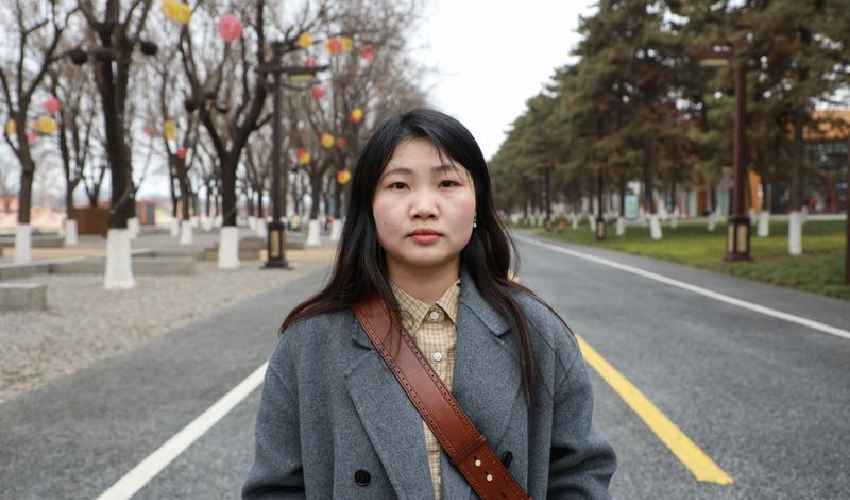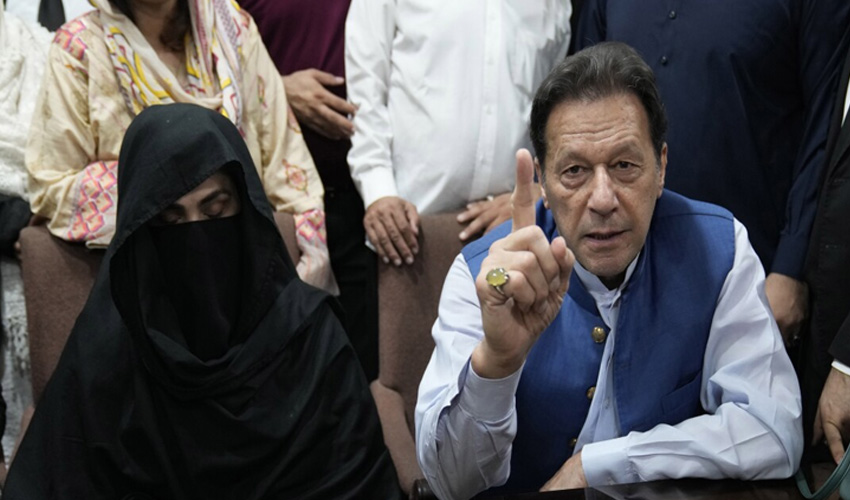Freelance copywriter Chai Wanrou thinks marriage is an unfair institution. Like many young women in China, she is part of a growing movement that envisions a future with no husband and no children, presenting the government with a challenge it could do without.
"Regardless of whether you're extremely successful or just ordinary, women still make the biggest sacrifices at home," the 28-year-old feminist said at a cafe in the northwestern city of Xian.
"Many who got married in previous generations, especially women, sacrificed themselves and their career development, and didn't get the happy life they were promised. Living my own life well is difficult enough nowadays," she told Reuters.
President Xi Jinping last year stressed the need to "cultivate a new culture of marriage and childbearing" as China's population fell for a second consecutive year and new births reached historic lows.
Chinese Premier Li Qiang also vowed to "work towards a birth-friendly society" and boost childcare services in this year's government work report.
The Communist Party views the nuclear family as the bedrock of social stability, with unmarried mothers stigmatised and largely denied benefits. But a growing number of educated women, facing unprecedented insecurity amid record youth unemployment and an economic downturn, are espousing "singleism" instead.
China's single population aged over 15 hit a record 239 million in 2021, according to official data. Marriage registrations rebounded slightly last year due to a pandemic backlog, after reaching historic lows in 2022. A 2021 Communist Youth League survey of some 2,900 unmarried urban young people found that 44% of women do not plan to marry.
Marriage, however, is still regarded as a milestone of adulthood in China and the proportion of adults who never marry remains low. But in an other sign of its declining popularity, many Chinese are delaying tying the knot, with the average age of first marriage rising to 28.67 in 2020 from 24.89 in 2010, according to census data.



























